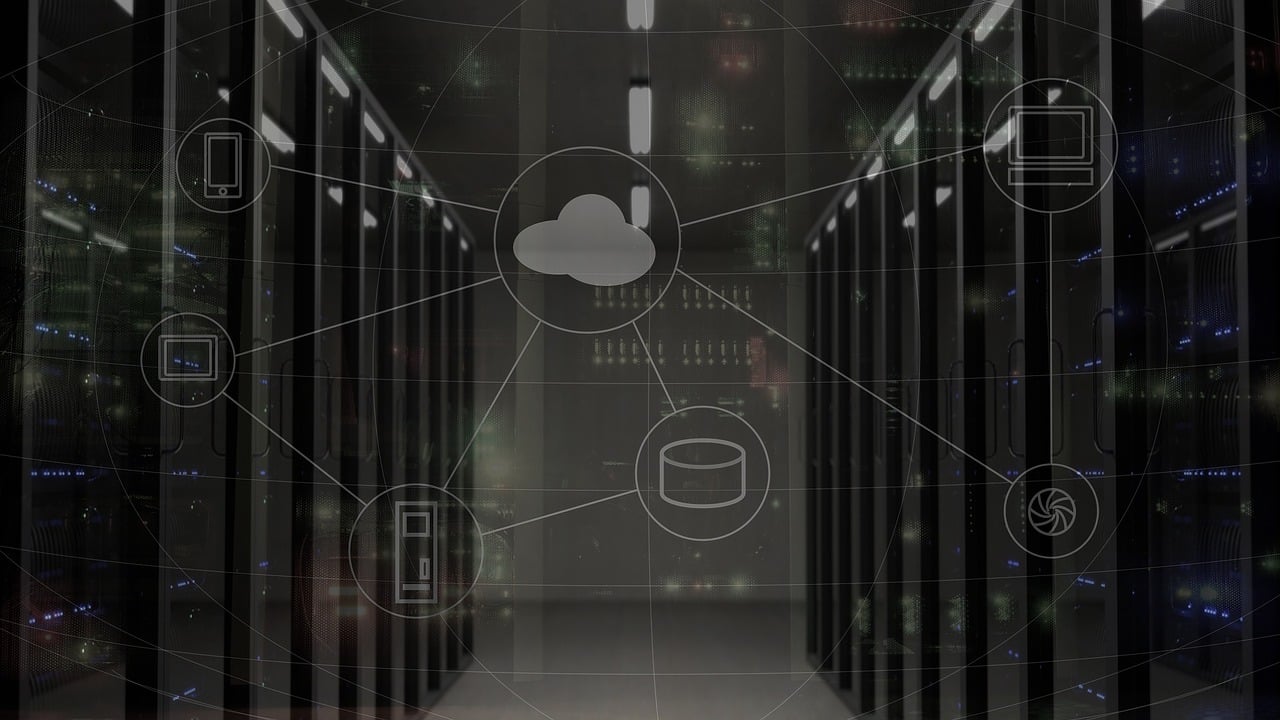
As small and medium-sized businesses (SMBs) increasingly rely on digital platforms to store and manage critical data, the need for an offsite backup and disaster recovery (BDR) strategy becomes crucial.
But investing in any kind of cybersecurity is sometimes an afterthought for SMBs and investing in backup and disaster recovery is not always a top priority for the small business owner. It’s difficult to measure the ROI of your cybersecurity investment until you go without and discover the business-halting cost of a data breach, as well as the resulting fines, reputational damage, and loss of business. But we prefer that SMBs avoid learning the hard way.
The risks of not having offsite BDR simply are too great to ignore.
Consider these statistics:
· 40% of SMBs that experienced a cyberattack experienced at least 8 hours of downtime (Cybersecurity Magazine)
· Cybersecurity Magazine also revealed that 83% of small and medium-sized businesses are not prepared to recover from the financial damages of a cyberattack.
· According to Accenture, 97% of organizations have experienced a surge in cyber threats amid the geopolitical unrest – something that is likely to continue or worsen in 2024.
· According to HP, 70% of office workers use work devices for personal tasks and 37% of office workers use their personal computers to access work applications.
For virtually every business, regardless of size, offsite BDR is the best option for data recovery.
Clearly, it’s not just big businesses that need to worry about protecting their data. School districts, small businesses, law firms – even hair salons – are progressively more at risk. Yet the main concern that most small business owners have – that the cost of BDR is too high – does not take into consideration the cost of not having BDR: the complete and total loss of the business.
BDR protects your business from more than just hackers.
Almost every business has some kind of property insurance to protect them during a natural disaster, but we don’t stop to consider data security. For a small business that experiences a disruption to business continuity because of weather or fire, the loss is often insurmountable without access to offsite data, to restore customer files and business operations.
Benefits of BDR for SMBs
There are countless benefits to having offsite backup and recovery solutions in place for your business. Cost savings might be the first consideration, but the reputation of your business and the ability of consumers to trust your brand should also be factored in.
Reducing or Eliminating Downtime
Downtime is the enemy of productivity and profitability for SMBs, costing an average of $9,000 per hour. BDR allows you to:
· Automatically backup and store data
· Minimize downtime quickly after an attack or disaster
· Avoid paying ransoms if an employee inadvertently introduces ransomware into your network
Every moment that your system is down will manifest itself as lost revenue and potential damage to your business’s reputation. Your customers expect you to be available when they need you, and unplanned downtime costs more than money; it can cost you the loyalty of your customers.
A BDR plan minimizes downtime by providing quick access to backup data. Whether your business falls victim to a natural disaster, hardware failure, or a cyberattack, a solid recovery plan in place can help ensure that your operations resume swiftly and that financial loss is minimized.
Protection Against Data Loss
One of the primary reasons SMBs need a BDR plan is to protect against the potential loss of crucial data. Whether it’s customer information, financial records, or proprietary business data, any loss could be catastrophic. Implementing regular backups ensures that even in the face of unexpected events, such as hardware failures, cyberattacks, or accidental deletions, businesses can quickly recover their data and resume operations.
Guarding Against Cyber Threats
Cyber threats continue to evolve and SMBs are increasingly becoming easy targets. While employees can be your first line of defense, they can also be the biggest risk to your organization.
Employees make mistakes. As phishing attempts become more sophisticated, the likelihood of an employee clicking a link or opening a file increases. Ransomware attacks, in particular, can encrypt business-critical data, rendering it inaccessible until a ransom is paid.
A comprehensive BDR strategy includes regular and secure backups that can serve as a shield against the aftermath of such attacks. If data is compromised, businesses can restore their systems from a clean backup, eliminating the need to give in to extortion demands.
Regulatory Compliance
Many industries are subject to regulatory compliance requirements that mandate the protection and retention of certain types of data. SMBs need to adhere to these regulations to avoid legal consequences and financial penalties. A BDR plan helps in meeting compliance standards by ensuring that data is regularly backed up, secured, and readily accessible for audits.
Bottom Line: Offsite BDR Protects Your SMB
Data is at the heart of business operations, and every small business must prioritize the implementation of a robust backup and disaster recovery plan. Your investment in BDR is an investment in the resilience and longevity of your business. By safeguarding against data loss, mitigating downtime, protecting against cyber threats, ensuring regulatory compliance, and preserving business reputation, SMBs can navigate the uncertainties of the business landscape with confidence and emerge stronger from unforeseen challenges.
Whether your business is being forced to respond to a natural disaster or the latest ransomware variant, offsite backup and disaster recovery is critical, even for the smallest business. It’s not too expensive; it’s not something you should put off; it’s not something your business can survive without.
“Organizations closely aligning cybersecurity with business objectives are 18% more likely to drive revenue growth, expand market share and enhance customer satisfaction and employee productivity.” At thinkCSC, we believe that in order to achieve maximum success, regardless of the size or type of your organization, cybersecurity must be an integral part of your overall business strategy.
Partner with IT professionals who not only understand how to leverage technology to your advantage but who are also committed to understanding your business goals and aligning your IT strategy to those goals. We pride ourselves on having the best business-savvy technical experts in the industry. If you would like to learn how to create an IT security strategy that is aligned with your organizational goals, contact thinkCSC for more information.

